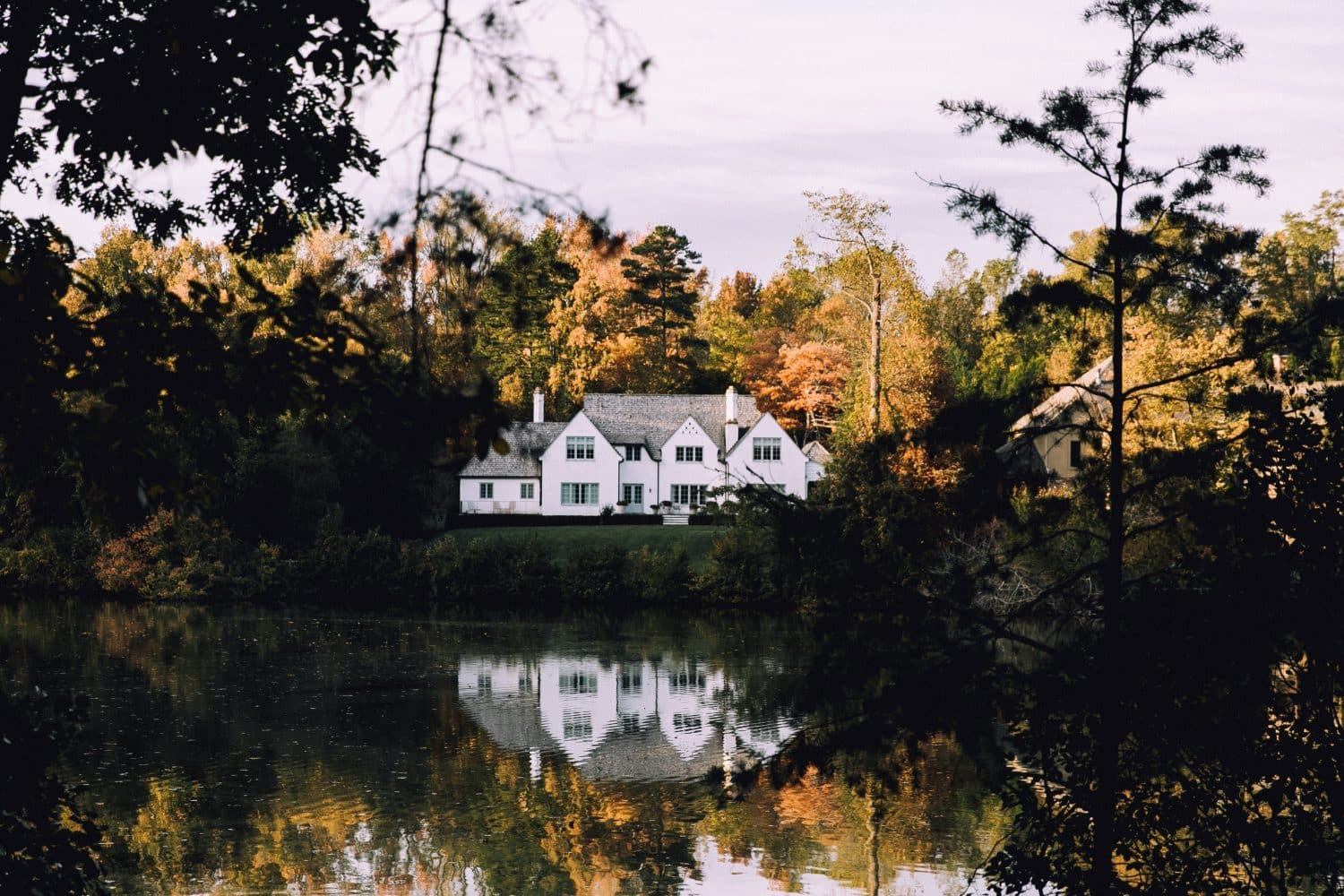The house-flipping shows on t.v. make it look simple. First, you find a home in need of a little love for a bargain price. Then, you buy it, fix it up, and sell the place quickly for a tidy profit. Easy-peasy—just make a few quick deals and boom! You’re a real estate investor.
But like many things that appear easy thanks to the magic of television, investing in real estate can be far more complicated in the real world than it appears in a half-hour show.
There are plenty of ways investing in real estate can go wrong. And that’s especially true for new and inexperienced investors.
Renovations cost more and take longer than rookie homeowners imagine. Furnaces break in the middle of winter. Tenants damage property or stop paying their rent.
Of course, investing in real estate can be a great way to make money. But only if you take the time to understand what you’re doing.
Buying a home isn’t like buying stocks or bonds. Investing in real estate takes effort, hard work, and know-how. Still interested in adding real estate to your investment strategy? Read on for some basic considerations for real estate investing.
Your Own Home is Almost Certainly Not an Investment
Buying a home to use as your primary residence can be a great thing. Homeownership can help you build wealth, secure your future, and root you and your family in a community. For most Americans, their home is their largest and most valuable asset. And just about everyone knows somebody—a parent, a neighbor, a friend of a friend—who bought a home decades ago that is now worth many times what they paid for it originally.
For all these reasons, it’s easy to fall into the idea that buying a home instead of renting a place to live is an investment strategy. But by definition, the primary purpose of making an investment is to make money. And while you’re living in it, the primary purpose of your home isn’t to make money. It’s to provide shelter for you and your family.
Your home is an asset, for sure. Over time, as you pay down your mortgage, you build equity in that asset. But an asset isn’t the same as an investment.
To make money from your primary residence, you’d either need to sell it for more than you’ve put into it—in which case, you’ll still need to find a new place to live—or you’d need to find some other way to have your home generate some income while you still live there—perhaps you live in a duplex, and rent the other half out to tenants. Since providing shelter for your family is probably more important to you than making money, the investing maxim to buy-low-and-sell-high isn’t always how things work out. Sometimes we buy-high and sell-break-even because that’s how the home market looked when it was time to house our families. Investments shouldn’t be emotional decisions. But buying a home to live in often is, at least partially.
Make Money in Real Estate: Find a Good Deal
So, if your primary residence isn’t an investment, how does a person make money investing in real estate? When it comes to buying investment property, there are really only two basic ways to make money.
The first way—find an amazing deal—involves finding and purchasing property for less than that property is actually worth. This can happen, the same way you can win the jackpot at the slot machines in Vegas. Some folks get lucky, buy properties that appreciate in value rapidly, and sell them for a nice profit.
If you’re hoping to make it happen for you, you’ll need to get very, very good at evaluating property value: if a seller is trying to convince you that the property he is offering is really worth more than he’s asking you to pay for it, be wary. Lots of real estate get-rich-quick schemes make it seem like finding amazing deals is how real estate investors make money. But for many would-be real estate investors, relying on finding an incredible bargain is a good way to lose your shirt.
Make Money in Real Estate: Add Value
Truthfully, most successful real estate investors make money the second way: they find a good deal on a property, and then they add something of value to make that property better than it was when they purchased it.
For this method, it helps to think about what you, personally, can bring to the table. For a house flip—where you buy a home, fix it up, and sell it for more than you paid for it— you can definitely hire contractors to handle all or part of the renovations. But it’s much easier to turn a profit if you can put in some of the sweat equity yourself. If you aren’t handy at all, investing in a home that requires substantial handiwork probably isn’t wise.
Similarly, if you are thinking about investing in a rental property, you can for sure hire a management company to find a tenant and maintain the property. But the profit margin you’ll need to see to make money on your investment goes down substantially if you can manage the property yourself—and if you aren’t interested in managing the property, or you have small children and a demanding full-time job and just don’t have the bandwidth to do it yourself, you may be better of making other, non-real-estate investments.
Remember also that just like owning a home you live in, it’s important to factor in potential high-ticket every-once-in-awhile expenses to your calculations. You’ll not only need cash reserves on hand for repairs and maintenance costs; you’ll need to factor ongoing maintenance into your investment planning. A rookie real estate investor will see a big expense like a roof repair or plumbing disaster as a one-time fluke. A pro real estate investor will have already factored just that sort of expense into her balance sheet.
Real Estate Investing Can Be Rewarding
As long as your expectations are reasonable, and as long as you’re willing to put in a little bit of work yourself, investing in real estate can be rewarding and enjoyable. Ready to dive in to the real estate investing game? Check out Morty’s Guide to House Hunting for tips on how to choose a great home.






